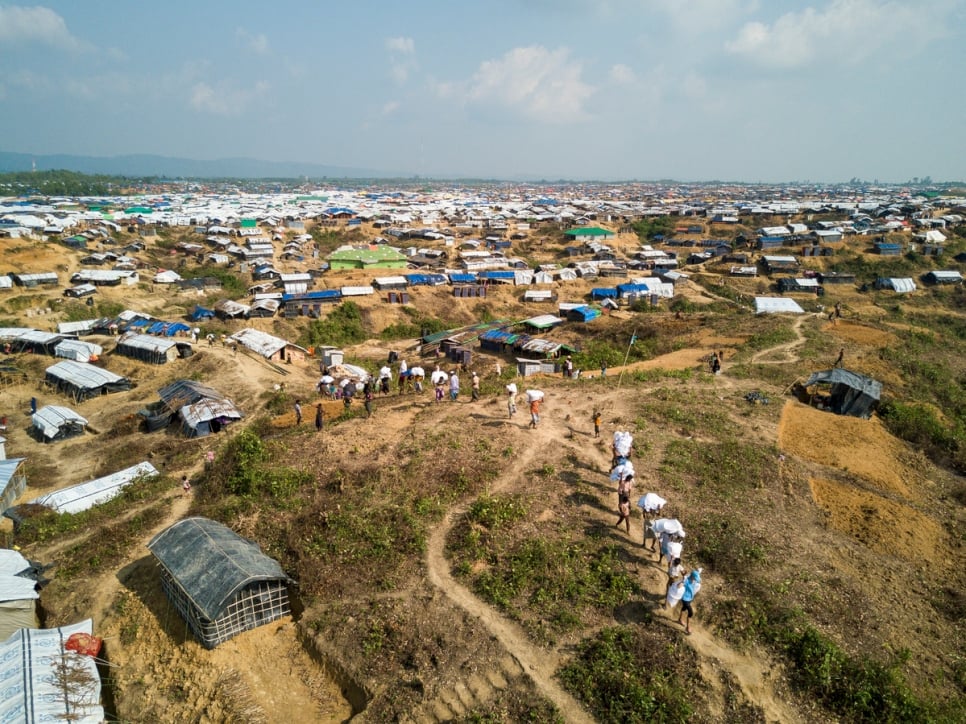By: Katherine Hewitt
Impunity Watch Reporter, Asia
NAYPYIDAW, Myanmar – With more than 740,000 Rohingya Muslims having fled from Myanmar to Bangladesh since October 2016, Bangladesh has been overwhelmed with refugees. An initial agreement between the two countries was signed in November of 2017, though an official implementation timeline was only recently established.

The agreement lays out that Myanmar will take 1500 Rohingya refugees back each week, with 300 per day and with all returning within two years. This begins on 23 January 2018. However at this rate it will take closer to 10 years to repatriate all 740,000 refugees. Bangladesh sees the goal of 300 persons each day as a starting point and hopes that the numbers will increase as time goes on. Bangladesh strives to send families back together as well as orphans and “children born out of unwarranted incidence.” This deal is only applicable to those who fled between the October 2016 violence and the latest round in 2017.
In preparation Myanmar plans to build two transport camps. One can accommodate up to 30,000 people. Bangladesh will build 5.
As a result of the violence, 350 Rohingya villages burned down. While Myanmar rebuilds, little attention is given to the Rakhine state. Myanmar’s foreign secretary U Myint Thu stated that there are plans to build new villages for the Rohingya. The plan is that “the returnees will build their homes by themselves.” It is a cash-for-work program in which the Myanmar government “will give them both money and jobs.”
The repatriation act is not without its critics. Little has been done to rectify the repression of Rohingya in Myanmar, and human rights activists are concerned that there can be no safe returns if grievances aren’t addressed. For a community leader in a Rohingya Refugee camp, the “first priority is, they have to grant us citizenship as Rohingya. Secondly, they have to give back our lands. Thirdly, our security must be ensured internationally. Otherwise, this is not good for us.” Restrictions on Rohingya movement have not been waived either.
The UN High Commission for Refugees encourages refugees to only return if they feel safe. The statement from the U.S. reads that the timeline was of less importance compared to the safety of the people. While the reparation is voluntary, most refugees say they will only return if their safety is assured, their homes rebuilt, and their land returned to them.
For more information, please see:
The BBC – Rohingya crisis: Bangladesh and Myanmar agree repatriation timeframe – 16 January 2018
Reuters – Bangladesh agrees with Myanmar to complete Rohingya return in two years – 16 January 2018
The Washington Post – Bangladesh, Myanmar aim to finish Rohingya return in 2 years – 16 January 2018